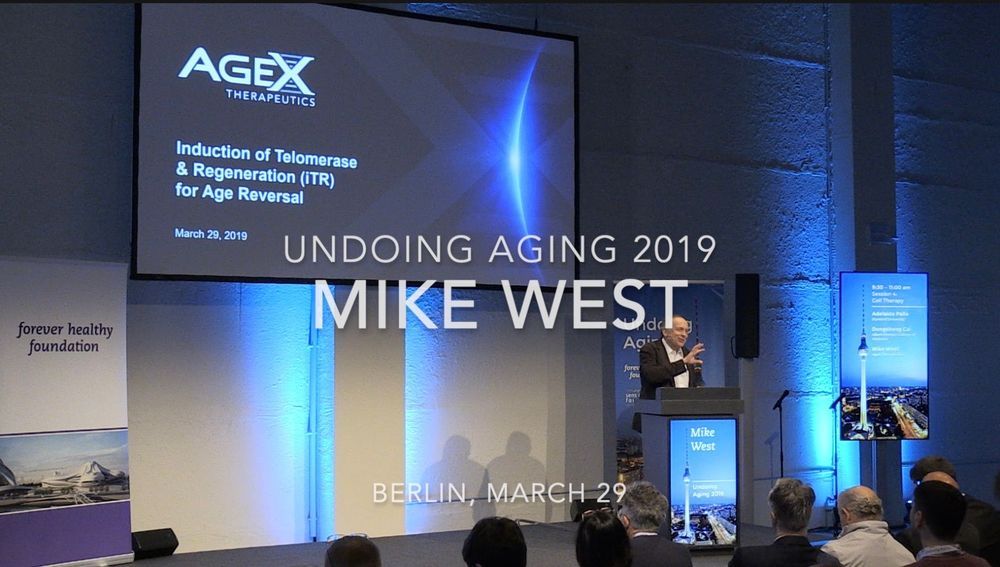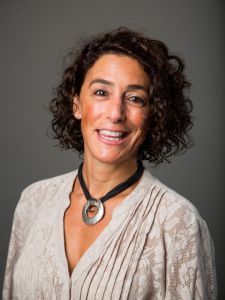A unified theory of ageing, there is a vid and a paper linked within.
ALAMEDA, Calif.—( BUSINESS WIRE )—AgeX Therapeutics, Inc. (“AgeX”; NYSE American: AGE), a biotechnology company focused on therapeutics for human aging and regeneration, announced today that founder and CEO Michael D. West, Ph.D., and colleagues have authored a paper in the peer-reviewed scientific journal Regenerative Medicine on the theoretical foundation of the Company’s induced Tissue Regeneration (iTRTM) technology. The paper presents the work of the company’s scientists in describing a unified theory of aging and regeneration that could pave the way for the development of new therapies for a variety of age-related degenerative diseases and conditions.
“The longevity sector is advancing at an accelerating pace, but for the most part, without a consensus on the fundamental root causes of aging,” commented Dr. West. “We believe that it is now possible to collate the diverse observations about aging into a unified model. In the paper titled, ‘Toward a Unified Theory of Aging and Regeneration’ we outline such a theory that underlies the technological underpinnings of the company’s induced tissue regeneration (iTR) program.”




